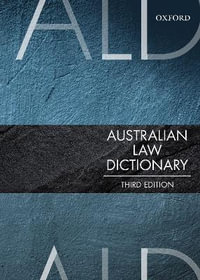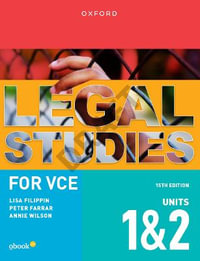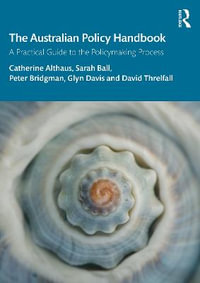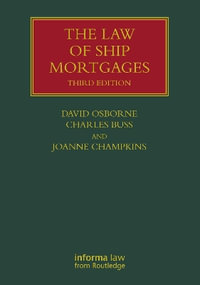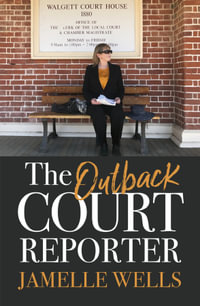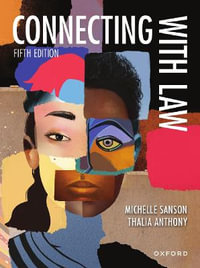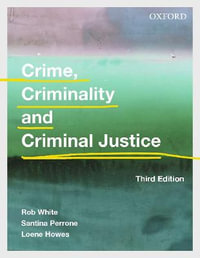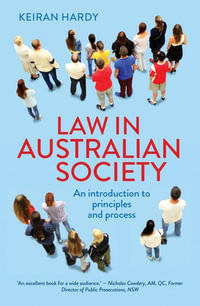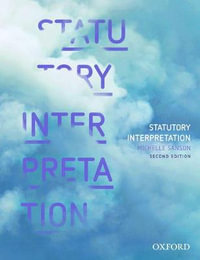"Feeling Queer Jurisprudence is a powerful and original contribution to queer legal theory, reminding us of the affective resonances and political effects of LGBT engagements with law and rights. This beautifully written text engages with rich literatures on affect, emotion and feeling to enliven our understanding of the meaning and consequences of cases, litigation strategies and LGBT legal engagements." Emily Grabham, University of Kent, UK
"The most insightful critiques of law are those that engage with the idea of liberal 'progress,' with those moments when the royal 'no' is suspended. Feeling Queer Jurisprudence considers a range of contested emotions that find expression in and through law and highlights how, in opposition to its own self-image, law is full of emotion. That is, while law produces problematic effects in moments of reform, it is also fundamentally a place of affect. Senthorun Sunil Raj is to be congratulated for this ground breaking book that extends legal analysis along this vector. For reform produces not only exclusions, both instrumental and discursive. It is also animated by emotions of disgust, hate, anger, fear and love. This book foregrounds emotional attachments in pro-LGBT cases in the areas of criminal, marriage, equality and asylum law, in order to identify the kinds of injury, intimacy and identity law recognises and demonstrates why accounting for emotion helps us to understand those attachments and thereby challenge their limits." Alex Sharpe, Keele University, UK
"One of the more challenging developments in legal scholarship over the past couple of decades has been the deployment of queer theory to illuminate, unsettle, and challenge our assumptions about what law does and of what it can, and cannot, achieve in delivering progressive political and social change. In this thoughtful and important book, Senthorun Sunil Raj explores the vital, if often occluded, role emotion and affect have in cases concerning sexuality, and helps us understand the jurisprudential dynamics in this exciting and challenging area of law." Matthew Weait, University of Portsmouth, UK
"Raj's book also manages to maintain a nuanced position that acknowledges LGBT legal successes as gains, if not unqualified goods. It is, arguably, precisely Raj's focus on emotions that enables him to handle this complexity in a satisfying way: after all, LGBT-affirming decisions can do valuable affective work even when their practical implications are more mixed. The originality of Raj's book is precisely in its analytical use of emotions to navigate and make sense of the tension between LGBT normative gains and queer anti-normative allegiances." Aleardo Zanghellini, University of Reading, UK

